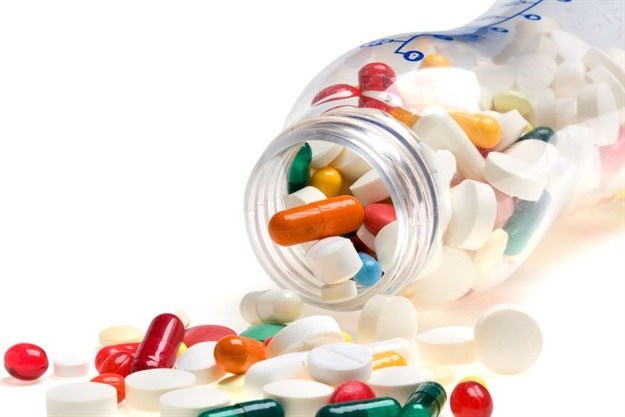
Top stories






More news





ESG & Sustainability
#Sona2026: President announces crisis committee to tackle SA's water challenges









South Africa reports as having one of the highest rates in the world of prescribed stimulants for children labelled with so-called Attention Deficit Hyperactivity Disorder (ADHD), a rate higher than in the US.
While The New York Times recently reported the prescription of dangerous antidepressants and antipsychotics to children aged two and younger in the US, South Africa also shows antidepressants are being prescribed to children aged two and younger and powerful antipsychotics, such as Risperdal are approved to treat disruptive behavior in children older than 5, with mental retardation.
As part of the campaign, fliers are downloadable to be distributed to parents to become better informed and to refuse to sign consent forms for children to be screened for psychological or mental 'disorders' through schools. Parents can also download, print and sign a form to protect their child from invasive school questionnaires that could lead to a referral to a psychiatrist for psychotropic drugs. South Africa adopted an 'Integrated School Health Policy' in 2010, which included a mental health programme. The CCHR says it possibly opened the door to more children potentially being drugged.
Stimulants sales are a $9.9 billion (R150 billion) a year industry in the US and are among the leading drugs of abuse by teenagers. South African students snort and swallow Ritalin to get high. The drug is referred to as "smarties," "rit" or "kiddie cocaine." The US Drug Enforcement Administration says methylphenidate (Ritalin) is "closely related to cocaine."
Psychostimulants can cause hallucinations, liver problems, seizures, stunted growth, psychotic or manic symptoms and suicidal thoughts. Unlike diabetes, heart problems or medical conditions, there's no scientific test to prove that ADHD exists, as agreed by many doctors. The United Nations Committee on the Rights of the Child has warned governments about the excessive diagnosis of ADHD and the need for alternatives to stimulants prescribed to treat it.
Another parallel between South Africa and the US is the conflict of interest-the financial ties between psychiatrists and pharmaceutical companies that help fuel the increases in psychiatric drug prescriptions. Ten psychiatrists wrote the South African Society of Psychiatrists Treatment Guidelines for Psychiatric Disorders (one of which passed away prior to reporting any conflicts of interest). Six had financial ties to drug companies that manufacture psychiatric drugs.
The Guidelines cite the US psychiatrist Prof Joseph Biederman from Harvard University whose failure to disclose to the university the $1.6 million (R24.1 million) he made in consulting fees from drug makers was uncovered by a US Senate investigation. According to The New York Times, his research helped cause a 40-fold increase (1994 to 2003) in the diagnosis of childhood 'bipolar disorder' in the US and the rapid rise in dangerous antipsychotics to treat it.
The Anti-Drug Alliance of South Africa says many doctors are receiving kickbacks including paid holidays abroad for prescribing certain drugs in the treatment of ADHD.
The South African guidelines, especially relating to ADHD, should be rejected, CCHR says.
CCHR agrees that parents and children may need help. However, parents are not being given all the facts, especially that there is no medical test to confirm that any mental disorder is a physical 'disease'. South African parents have the right to know about safe alternatives for their child and to ask their doctor about non-drug treatments.
For more information, see the CCHRI PDF here.